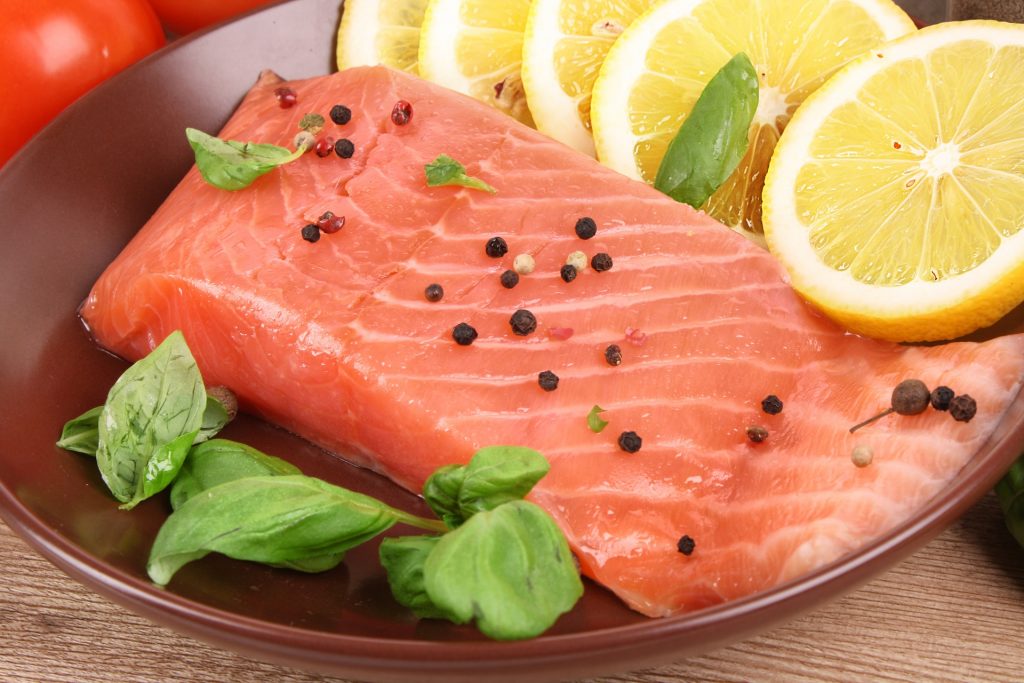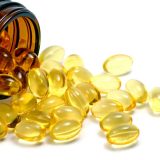

A team of researchers at the Swiss Federal Institute of Technology recently published their discovery of a previously unknown mechanism of aging involving the protein pumilio RNA binding factor 2 (PUM2). Increased amounts of PUM2 were found in older animal test subjects while another protein called mitochondrial fission factor (MFF) saw an antithetical decrease (1).
Quick Refresher
The mitochondria, or powerhouse of the cell, is where energy for the cell is produced, but old and damaged mitochondria need to be cleaned in order to maintain mitochondrial homeostasis, or overall mitochondrial health (5). Lower levels of MFF impair mitochondrial fission and mitophagy, impacting mitochondrial homeostasis, and, thus our energy levels and ultimately the aging process (5).
On an applicable level, researchers have shown how CRISPR-Cas9 gene editing technology can already be used to reduced PUM2 in the muscles of older animals by suppressing its corresponding encoding gene (4).
Identifying these mechanisms definitely feels like a precursor to actual advancements in anti-aging medication. Unfortunately, access to CRISPR technology is extremely limited and waiting for science to advance may not be the most realistic option for all.
9 Natural Tips to Stop Aging
New drug development is a slow-moving machine. So until science is able to target PUM2 in the body and stop aging, we’d like to shed light on the 9 best ways to fight the effects of aging and turn back the clock.
1. Retinoids – Retinoids are topical vitamin A based drugs. Common prescribed brand names include tretinoin (Retin-A, generic), tazarotene (Avage, Tazorac), and adapalene (Differin). According to Harvard Medical School, “Retinoids reduce fine lines and wrinkles by increasing the production of collagen. They also stimulate the production of new blood vessels in the skin, which improves skin color.”
However, ask your dermatologist about the possible side-effects of retinoid treatments which may include dry skin and irritation.
2. Homemade Mung Bean Mask – Mung beans are a low calorie, high nutrition food. Toss them in any soup, stew or stir-fry. Or you can grind mung beans into a powder and combine with a tablespoon of yogurt, a pinch of turmeric and apply it as a face mask. Wait 15 minutes and feel the natural anti-aging and anti-inflammatory relief (10). If you want to swap turmeric for a bit of honey or avocado, feel free to get creative with your favorite healing ingredients.
3. Eat Less – It seems simple enough, and the research backs it up. A recent study published in Cell Metabolism in the September 2018 issue revealed that when it comes to mice and fasting, “health and longevity improved with increased fasting time, regardless of what the mice ate or how many calories they consumed.”
And researchers say it doesn’t really matter what types of food is cut out necessarily, just so long as daily caloric intake goes down. Sounds promising.
4. Sunscreen

Wear sunscreen every day. Make a habit of it.
Original research conducted and published by the Annals Of Internal Medicine suggests that the regular wearing of sunscreen “retards skin aging in healthy, middle-aged men and women.” Some sunscreens can be multi-functional, providing moisturizing benefits in addition to cutting down the rays.
However, one drawback to wearing sunscreen on a regular basis is that it reduces your ability to absorb vitamin D by more than 90 percent. This is definitely a good reason to supplement with vitamin D.
5. Seriously, Just Say No – While too much nicotine or caffeine has been known to dry out your skin and contribute to aging, other drugs like alcohol and sugar can accelerate aging fairly rapidly (3).
Alcohol and sugar are very difficult for the body to process, creating a huge strain on the liver and heart, as well as stiffening arteries. Processed sugars can stiffen and age the skin as well.
And if you aren’t familiar with the mountain of research surrounding how alcohol ravishes the body, the take away fact is that alcohol drastically increases the risk of many types of cancer, liver damage, immune system disorders, and brain damage.
6. Express Much? – One of the more colorful anti-aging suggestions offered by the American Academy of Dermatology is to reduce repetitive facial expressions, and thus the necessary contractions of the underlying muscles to help prevent the formation of wrinkle lines (3).
An example is to stop sipping through a straw, because it contracts the muscles around your mouth. Not only will this prevent wrinkles, but it will also help save the environment. Sounds like a win-win.
7. Get Those Healthy Fats

Omega-3 fatty acids are responsible for maintaining skin elasticity (11). It can also help reduce inflammation on the skin, swelling, soreness, eczema, and psoriasis. Good sources of omega-3 fatty acids are avocados, fish, walnuts, flaxseeds, chia seeds, and canola oil.
8. Good Ol’ Fashion Sleep – New research supports what common logic always seemed to tell us: getting a consistent good night’s rest is a good idea for cognition and general health. Research by the American Academy Of Sleep Medicine has found that sleep deprivation can cause biological aging in adults (14).
Along those same lines, dermatologist Debra Jaliman, MD advocates switching to silk bedsheets and pillowcases, as silk reduces friction and thus the pull that many common polyester and cotton materials can have on your face throughout the night (6).
9. Aging Vitamins and Nutrients – In addition to vitamin A in retinol medications, vitamin B and E are particularly essential to healthy skin. In a review by the Journals of Gerentology researchers observed an association between B vitamins, folate, B12, and B6 with “many aspects of cognitive performance and have raised the possibility that even sub-clinical differences in nutritional status may have a subtle influence on aspects of cognitive performance.”
Levels of these B vitamins tend to dip as we get older, so make sure you’re getting enough either in your food or in supplement form (13).
And don’t forget antioxidants. Antioxidants boost immunity and combat free radical damage that can lead to disease and illness. Fruits and vegetables are a good starting source with goji berries, cranberries, blueberries, red beans, and artichoke hearts, which are all being particularly rich in antioxidants.
Time Marches On
With every month it seems as though a new study or body of research indicates different mechanisms at the forefront of the war against aging. New drugs that seem promising. Zeroing in on the key to regeneration.
But as to when they’ll be actually available, FDA approved anti-aging medications on the market is still an unknown.
In the meantime, hopefully the suggestions above can offer some practical anti-aging benefits.




